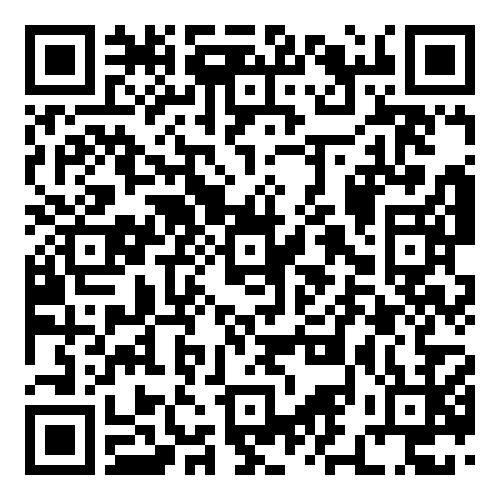- High Schools
- Counselors
-

Welcome to the Reed High School Counselor Site

Freshman Catalog QR

-
Job Experience Form
To count your job as one of your required classes, a signed copy of this form must be submitted to your counselor.
-

2023-2024
REED HS COUNSELORS
9-12TH Grade by Last Name
A-CH Mrs. Stewart X33536
Marci.stewart@washoeschools.net
CI-GR Ms. Drake X33537
GU-LO Ms. Felices X33538
LU-OR Ms. Thomas X33535
OS-SH Ms. Read X33539
Tisa.ReadBottorff@washoeschools.net
SI-Z Mrs. Peralta X33540
-
'Paper' is free 24/7 tutoring and writing support.
LOG IN using your username and password via Clever. Paper will be available at the bottom of the Clever page underneath "Supplemental Programs." For more information on how to use Clever, please visit this page.
If a student has any issues logging in to Clever to access Paper, please contact their school for assistance.
*The Math Department at Reed recommends using Khan Academy for free math help.Visit Khan Academy
Are you struggling to afford internet services? Check out the Emergency Broadband Benefit through the FCC.
Emergency Broadband Benefit Emergency Broadband Benefit- Spanish
-
Student and Crisis Resources
-
Resources/Apps for students to use in times of crisis or struggle
Crisis Support Services of Nevada Crisis Call Center
Text CARE to 839863 or Call 775-784-8090Safe Voice - You can also report anything of concern on the Safe Voice App or by clicking above. There are trained professionals avaialable to help get help and or resources to address your concerns.
Mental Health Resources
- Lifeline USA 1-800-273-8255
- Suicide Prevention Lifeline 1-800-TALK (8255)
- De Prevencion del Suicido 1-888-628-9454
- Crisis Call Center- Text line - text “CARE” to 839863
- West Hills Hospital- Reno (775) 323-0478
- Crisis Support Services 775-784-8090
- Hotline: 877-885-HOPE (4673)
- Hotline: 800-992-5757
- Mobile Crisis Response Team Hotline 775-688-1670
- National Hopeline Network 1-800-SUICIDE (784-2433)
Suicide - Know the signs:
(Adapted from the Crisis Call Center, United Way, the American Association of Suicidology Hotline, and the Nevada Division of Mental Health and Development Services pamphlet)
- Experiencing a long bout of unhappiness
- Has experienced one or more major losses-death, job loss, and failure at school or at home, loss of a relationship- break-up or divorce in the family.
- Health problems or major illness
- Experiencing insomnia or sleeping too much
- Decrease in self care- messier appearance, tardiness, and absence
- Experiencing loss of appetite or overeating
- Increasingly isolated-avoiding friends, less participation in activities and classes, dropping out or quitting things that they loved or cared about before.
- Giving away prized possessions- arranging delivery of notes to the family "in a couple of days, if anything should ever happen to me".
- Visiting long missed friends/relatives/ and apologizing for forgotten arguments.
- Doing poorly in school or at work
- Abusing drugs or alcohol either beginning to use or an increase in use.
- Suddenly happy after a long depression.
- Making statements about wanting to die or be gone- listening, composing and collecting music or poems about death, suicide, or afterlife.
Know the facts:
- Very often if people in crisis get the help they need, they may never be suicidal again.
- Asking someone about suicidal intent opens up communication, lowers the risk of an impulsive act, and helps with anxiety.
- Suicide prevention is everyone's business, anyone can help to prevent the tragedy of suicide, not just the experts, and talking about prevention does not encourage it or make it more likely.
- Suicidal people share their plans sometimes even the week preceding their attempt, and those who talk about it may try or even complete an act of self-destruction.
- Suicide is the MOST preventable kind of death and almost any positive action can help save a life.
- The more clues and warning signs observed the greater the risk. Take all the signs seriously.
Other Resources
| Showing results for "Professor named Smith at Elementary School" |
- Lisi Drake
- Jen Felices
- Shelby Peralta
- Tisa Read
- Marci Stewart
- Karen Thomas



